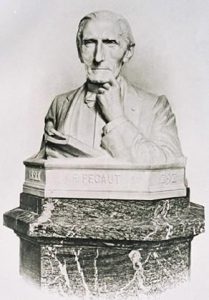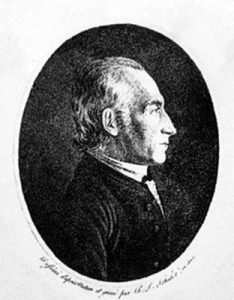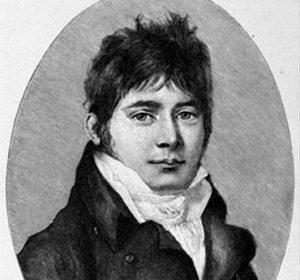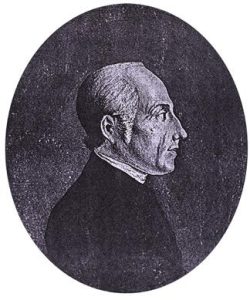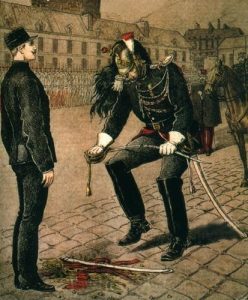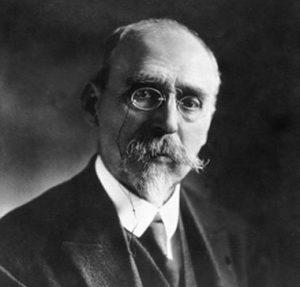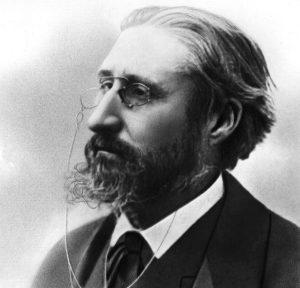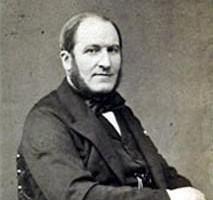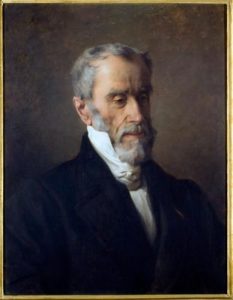Liberal opinions taken to extremes
Born in Salies de Béarn into a revivalist family, Félix Pécaut began theological studies in Montauban and completed them in Berlin and Bonn.
In 1850 he accepted a suffragance in his native town, but he had to leave rapidly as he refused to read aloud the Apostles’Creed. He was ordained in 1853, but he never took up pastoral duties, as he deeply disagreed with the dogmatic theology of his time. According to him, the latter did not accompany the social transformations of society. In accordance with his own ethical demands he sets out to resolve problems of education. He founded an institution in Neuchâtel (Switzerland), and then returned to Paris. At the 1872 synod, he reproached the Church with maintaining ties with the State and renounced to all pastoral duties within the Church. From then on, he became a lay militant, and worked with Ferdinand Buisson for a reform of Primary Education. He collaborated in the creation of the Ecole Normale Supérieure de Fontenay -aux-Roses for the training of young women as teachers in the Ecoles Normales (Primary schoolteachers’ training colleges). He later retired to his native Béarn and took up the struggle in favour of Dreyfus.
Félix Pécaut was a radical liberal, opposed to any dogma, the typical example of a protestant whose ethical commitments are devoted to a secular society.

